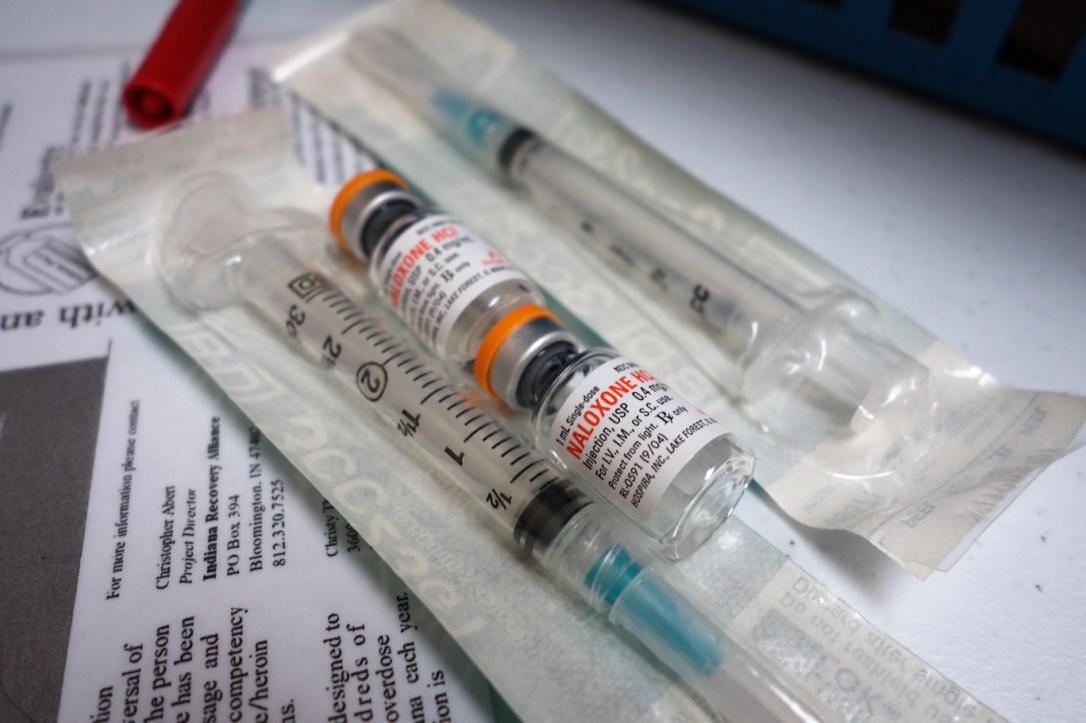

It can be used to treat people following ischemic strokes due to atrial fibrillation, though direct oral anticoagulants (DOACs) may offer greater benefits. Prevention of clotting in arteries is usually undertaken with antiplatelet drugs, which act by a different mechanism from warfarin (which normally has no effect on platelet function). It has been used occasionally after heart attacks ( myocardial infarctions), but is far less effective at preventing new thromboses in coronary arteries. Warfarin is also used in antiphospholipid syndrome. Thus, common clinical indications for warfarin use are atrial fibrillation, the presence of artificial heart valves, deep venous thrombosis, and pulmonary embolism (where the embolized clots first form in veins). Warfarin is best suited for anticoagulation (clot formation inhibition) in areas of slowly running blood (such as in veins and the pooled blood behind artificial and natural valves), and in blood pooled in dysfunctional cardiac atria. Warfarin treatment can help prevent formation of future blood clots and help reduce the risk of embolism (migration of a thrombus to a spot where it blocks blood supply to a vital organ). Warfarin is used to decrease the tendency for thrombosis, or as secondary prophylaxis (prevention of further episodes) in those individuals who have already formed a blood clot ( thrombus). In 2020, it was the 58th most commonly prescribed medication in the United States, with more than 11 million prescriptions.

Warfarin is available as a generic medication and under many trade names. It is on the World Health Organization's List of Essential Medicines. Eisenhower's treatment kickstarted a transformation in medicine whereby coronary artery disease, arterial plaques, and ischemic strokes were treated and protected against by using anticoagulants such as warfarin. Eisenhower was treated with warfarin following a massive and highly publicized heart attack. In 1955, warfarin's reputation as a safe and acceptable treatment was bolstered when President Dwight D. It was formally approved as a medication to treat blood clots in humans by the U.S. Warfarin first came into large-scale commercial use in 1948 as a rat poison. Because the mechanism involves enzymes such as VKORC1, patients on warfarin with polymorphisms of the enzymes may require adjustments in therapy if the genetic variant that they have is more readily inhibited by warfarin, thus requiring lower doses.
#Antidote for coumadin overdose full#
A few days are required for full effect to occur, and these effects can last for up to five days. The anticlotting protein C and protein S are also inhibited, but to a lesser degree. Without sufficient active vitamin K 1, clotting factors II, VII, IX, and X have decreased clotting ability. Warfarin decreases blood clotting by blocking vitamin K epoxide reductase, an enzyme that reactivates vitamin K 1. The effects of warfarin may be reversed with phytomenadione (vitamin K 1), fresh frozen plasma, or prothrombin complex concentrate.

Many other medications and dietary factors can interact with warfarin, either increasing or decreasing its effectiveness. The effects of warfarin are typically monitored by checking prothrombin time (INR) every one to four weeks. Less common side effects may include areas of tissue damage, and purple toes syndrome. The common side effect, a natural consequence of reduced clotting, is bleeding. It is usually taken by mouth, but may also be administered intravenously. Less commonly, it is used following ST-segment elevation myocardial infarction and orthopedic surgery. Accordingly, it is commonly used to prevent blood clots in the circulatory system such as deep vein thrombosis and pulmonary embolism, and to protect against stroke in people who have atrial fibrillation, valvular heart disease, or artificial heart valves. While the drug is described as a "blood thinner", it does not reduce viscosity but rather inhibits coagulation. Warfarin is an anticoagulant used as a medication under several brand names including Coumadin.


 0 kommentar(er)
0 kommentar(er)
